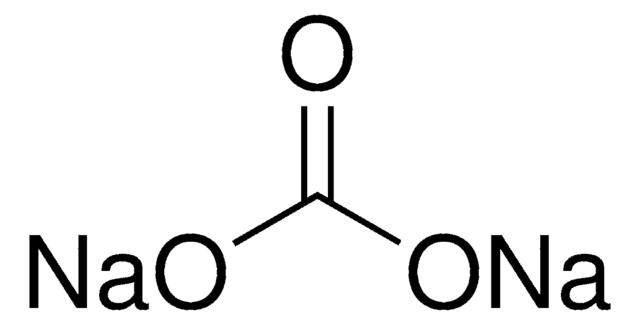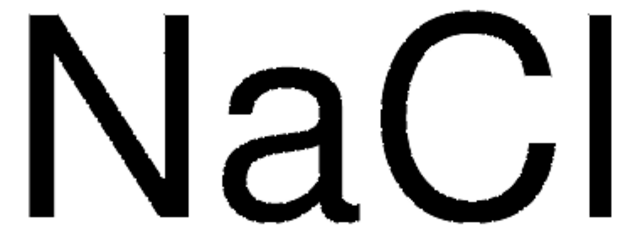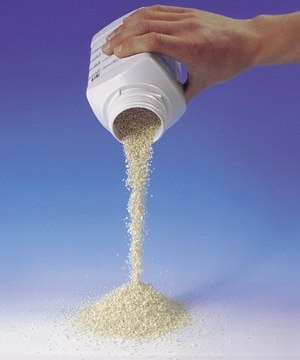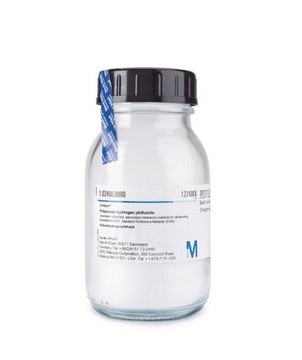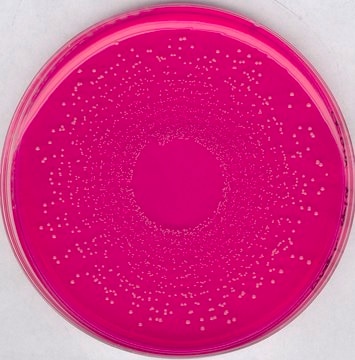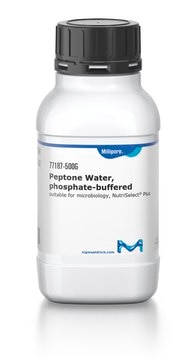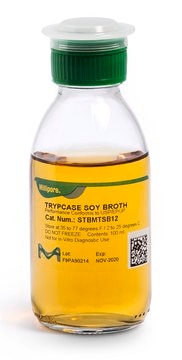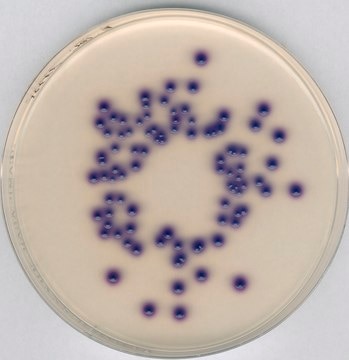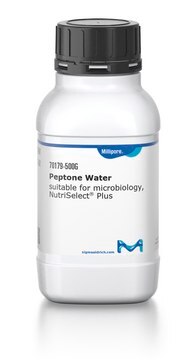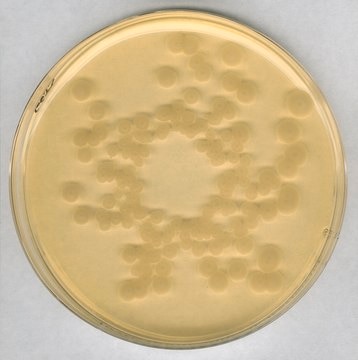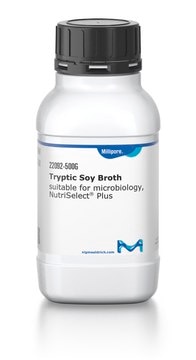1.10582
GranuCult® prime Sodium chloride peptone broth (buffered)
according to EP, USP, JP, for aerobic bacteria, suitable for microbiology
Synonym(s):
Buffered NaCl-Peptone Broth, Buffered NaCl-Peptone Solution, Buffered Sodium Chloride Peptone Solution, Buffered sodium chloride peptone broth
About This Item
Recommended Products
agency
JP
USP
according to EP
Quality Level
form
medium granules (dehydrated (DCM))
packaging
pkg of 5 kg
pkg of 500 g
manufacturer/tradename
GranuCult® prime
storage condition
protect from light (Keep dry and tightly closed)
technique(s)
microbiological culture: suitable
color
light brown
pH
6.8-7.2 (25 °C, 16.1 g/L in H2O, after autoclaving)
solubility
16.1 g/L
application(s)
microbiology
pharmaceutical
storage temp.
15-25°C
suitability
aerobic bacteria
Related Categories
General description
Application
Features and Benefits
- GranuCult® offers superior granulated culture media.
- Safe and sustainable due to reduced risks associated with fine dust and toxic substance inhalation, resulting in a safer work environment.
- Excellent wettability, solubility, and free-flowing properties
- Convenient, with minimal component separation and clumping, even under warm or humid conditions.
- High batch-to-batch reproducibility
- Prolonged shelf life of up to five years
- High number of test strains exceeding all regulatory demands
- Granulation technology allows many supplements to be included, with no need to add these separately
Analysis Note
Appearance (color): slightly yellowish to yellowish
pH-value (25 °C): 6.8 - 7.2
Typical composition (g/litre): Potassium dihydrogen phosphate 3.6; di-Sodium hydrogen phosphate dihydrate 7.2; Sodium chloride 4.3; Peptone from meat 1.0.
Growth promotion test in accordance with the current version of DIN EN ISO 11133 and harmonised method of EP, USP and JP.
Inoculum on reference medium (Escherichia coli ATCC 8739 (WDCM 00012)): ≤ 100
Inoculum on reference medium (Escherichia coli ATCC 25922 (WDCM 00013)): ≤ 100
Inoculum on reference medium (Staphylococcus aureus ATCC 6538 (WDCM 00032)): ≤ 100
Inoculum on reference medium (Staphylococcus aureus ATCC 25923 (WDCM 00034)): ≤ 100
Colony count (Escherichia coli ATCC 8739 (WDCM 00012)):
Colony count (Escherichia coli ATCC 25922 (WDCM 00013)):
Colony count (Staphylococcus aureus ATCC 6538 (WDCM 00032)):
Colony count (Staphylococcus aureus ATCC 25923 (WDCM 00034)):
Recovery (Escherichia coli ATCC 8739 (WDCM 00012)): 70 - 130 %
Recovery (Escherichia coli ATCC 25922 (WDCM 00013)): 70 - 130 %
Recovery (Staphylococcus aureus ATCC 6538 (WDCM 00032)): 70 - 130 %
Recovery (Staphylococcus aureus ATCC 25923 (WDCM00034)): 70 - 130 %
Incubation: 45 min. at roomtemperature aerobic.
Reference medium: Tryptic Soy Agar (24 hours at 35 - 37 °C aerobic).
The information above is current at this time of publication and is subject to change without notice (except for customers holding a change control agreement with our company). The information/format can be altered at any time and inany way if internal company matters or Standard Regulationsdo say so.
Other Notes
- Do not use clumped or discolored medium.
- The prepared medium is clear and slightly yellowish to yellowish
Footnote
The designations basic, plus, or prime are added to indicate the quality control level, from basic quality control to standard QC plus to prime for full regulatory compliance.
Legal Information
related product
Storage Class
13 - Non Combustible Solids
wgk_germany
WGK 3
flash_point_f
Not applicable
flash_point_c
Not applicable
Certificates of Analysis (COA)
Search for Certificates of Analysis (COA) by entering the products Lot/Batch Number. Lot and Batch Numbers can be found on a product’s label following the words ‘Lot’ or ‘Batch’.
Already Own This Product?
Find documentation for the products that you have recently purchased in the Document Library.
Customers Also Viewed
Articles
Learn more about our culture media portfolio for microbial examination of non-sterile products, fully compliant with the harmonized Pharmacopoeia.
Our team of scientists has experience in all areas of research including Life Science, Material Science, Chemical Synthesis, Chromatography, Analytical and many others.
Contact Technical Service